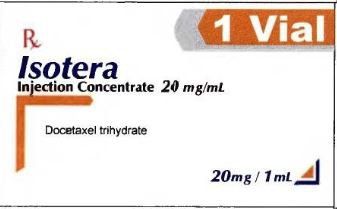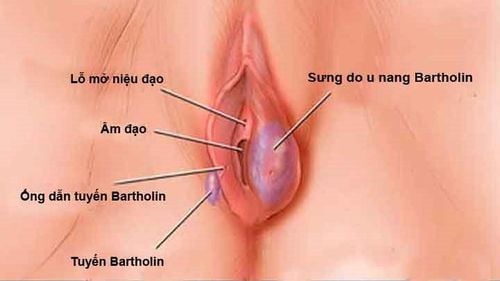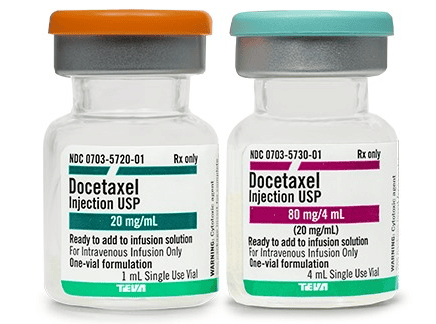This is an automatically translated article.
The article was professionally consulted by Specialist Doctor II Huynh Thi Hien - Obstetrician and Gynecologist - Department of Obstetrics and Gynecology - Vinmec Nha Trang International General Hospital. Dr. Huynh Thi Hien has over 32 years of experience specializing in examination and treatment in the field of obstetrics and gynecology.HPV is the virus that causes human papillomavirus. The virus causes a sexually transmitted disease that infects more than 6 million Americans each year. Vaccines are available to protect against some HPV-related cancers.
1. What is HPV?
It is a virus that causes human papillomavirus (HPV). HPV is the most common sexually transmitted disease in the world today. There are many cases where you will get HPV in your life without any signs or symptoms. HPV is considered the leading cause of sexually transmitted infections (STIs). There are many different types of HPV virus.Depending on the strain of the virus that causes the disease, it is possible to be infected with the virus without any signs or symptoms and also have incurable diseases such as cervical cancer
2. How many types of HPV are there?
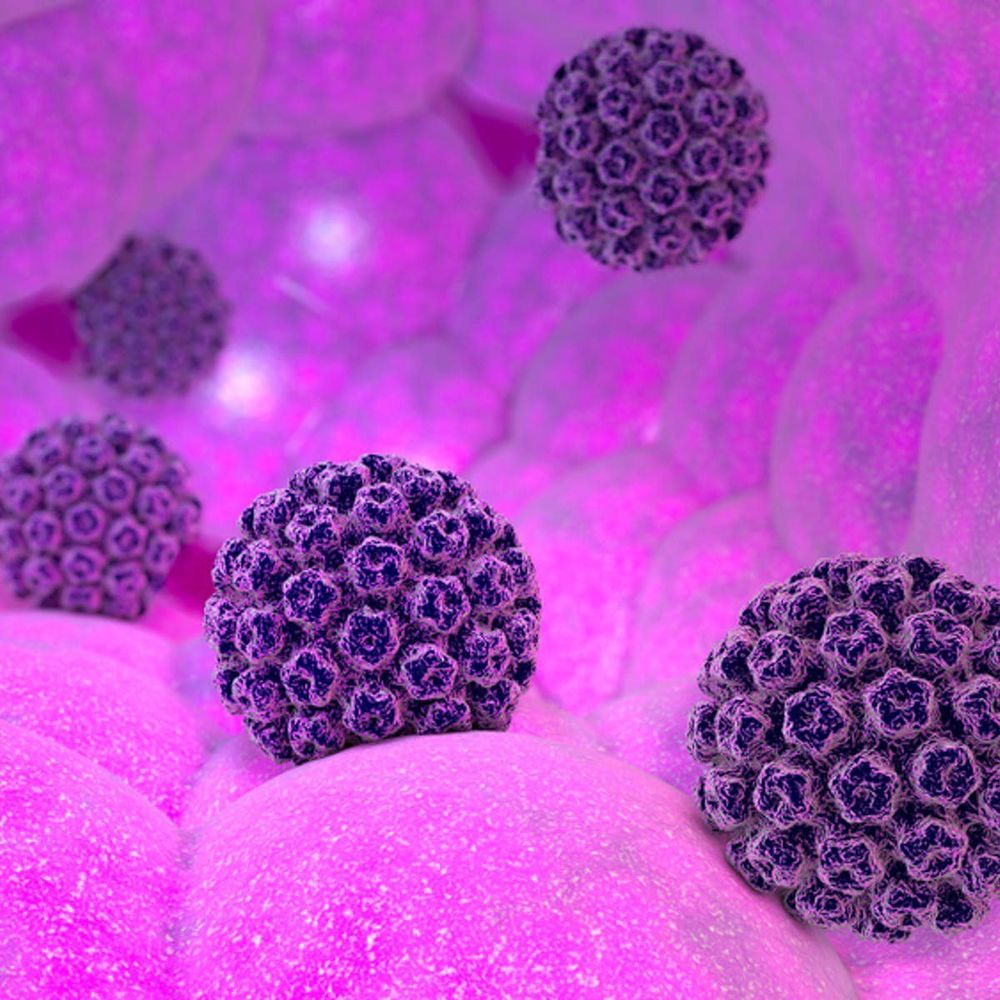
3.2 Certain types of HPV are associated with cervical disease While more than 100 types of HPV exist, only about a handful of them are associated with cervical disease. In which, HPV 16 and HPV 18 account for more than 70% of all cervical diseases.
Genital warts are a low-risk form of HPV and they do not cause cancer. Doctors monitor HPV with Pap tests that look for abnormal cervical cells, low-grade lesions — where the changes are only mild abnormalities — that usually go away on their own.
3.3 HPV Very rarely becomes cervical cancer
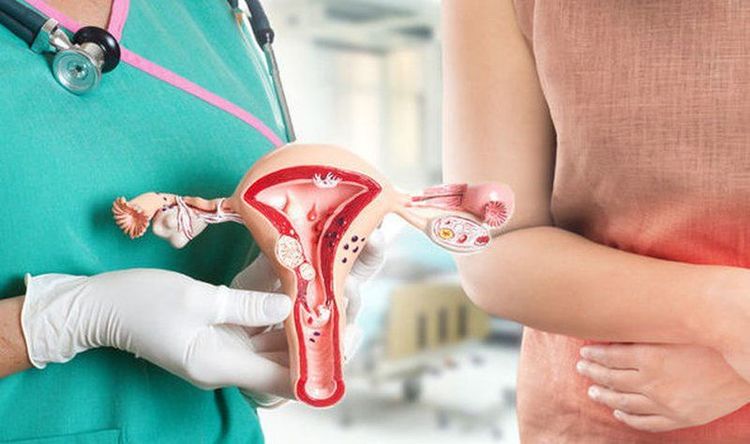
Therefore, if you are infected with a virus, you need to take care of your health, but you should not worry too much about this, to avoid psychological effects and negative impacts on yourself.
3.4 HPV also causes head and neck cancer HPV spreads to the throat through oral sex with a high incidence, most of those infected are heterosexual men. There is currently no way to screen it.
3.5 The HPV vaccine prevents cancer At least 20% of cancers in humans are caused by a specific infection. Disease can be prevented or treated by helping the immune system recognize the infection. After the immune system has done its job, your body has won the disease.
HPV vaccination is essential to prevent cervical cancer. However, besides that, parents also need to help be aware of preventive measures for sexually transmitted infections. At the same time, every woman, after having sex, should go to the gynecological screening and screening examination every year to detect precancerous lesions early.
Article referenced source: hopkinsmedicine.org
Please dial HOTLINE for more information or register for an appointment HERE. Download MyVinmec app to make appointments faster and to manage your bookings easily.





